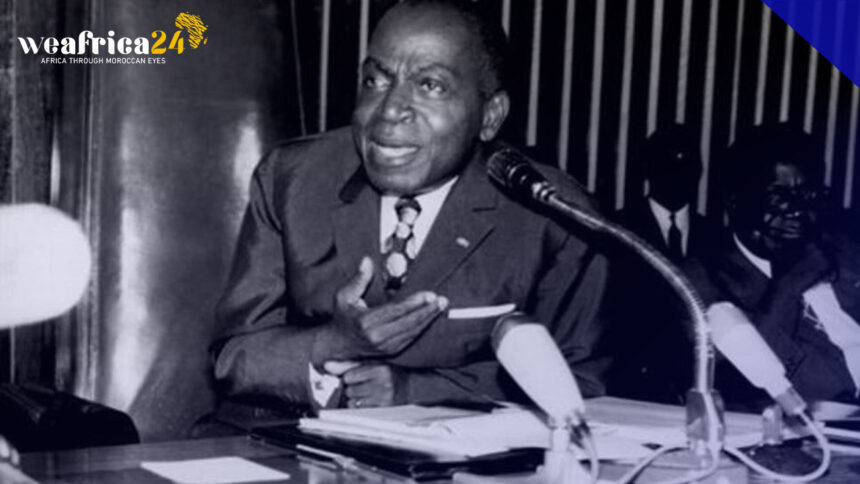As of December 7, 2023, it has been thirty years since Félix Houphouët-Boigny, the President of Ivory Coast from 1960 to 1993, passed away. A diverse range of individuals, spanning different generations and experiences with his political legacy, now share their recollections of this complex figure within Ivorian society.
The founder of the Democratic Party of Côte d’Ivoire (PDCI) remains a figure of contrasts. Detractors emphasize the authoritarianism of his political regime, which revolved around the concept of a single-party system for several years. Conversely, many Ivorians acknowledge his contributions to cultural development and infrastructure.
Various generations, who have directly or indirectly felt the impact of his policies, now share their perspectives. Thomas Zahui Dako, a 70-year-old retired professional, considers discussing Félix Houphouët-Boigny a “duty of gratitude.” He takes pride in benefiting from the measures implemented by the former president to encourage youth education: “When we were at the university, we were very comfortable.
From the university residence, there were air-conditioned buses that transported us from the residence to the campus. Even during vacations, we had the choice to travel abroad, and that’s how I went to Gabon, Nigeria, and more. It was all paid for by the government. Houphouët encouraged us to explore, broadening our minds, and instilling in us a sense of pan-Africanism.”
Germain Kassi, a member of the Marée Verte movement, was 12 years old when Félix Houphouët-Boigny passed away. This youth movement strives to make its voice heard within the PDCI. Kassi remains impressed by the urban planning of major cities left by the former president, “When we talk about the plan for Greater Abidjan, we immediately think of President Houphouët. When you arrive in Yamoussoukro and see the infrastructure, you think of President Houphouët. In terms of nation-building, constructing infrastructure, he was extraordinary.”







